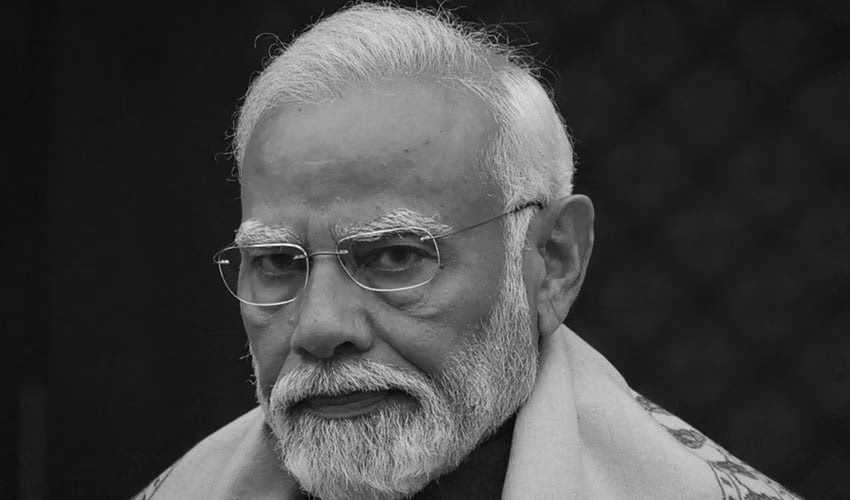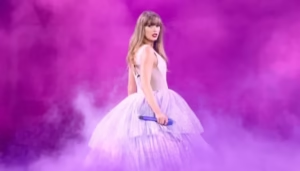Reuters accounts restored, but broader censorship concerns persist

India came under sharp criticism on Tuesday after X, formerly known as Twitter, disclosed that the Indian government had ordered the blocking of over 2,000 accounts earlier this month, including two belonging to international news agency Reuters.
In a statement issued on Tuesday, X said the Indian government, citing Section 69A of the Information Technology (IT) Act, ordered the platform on July 3 to block 2,355 accounts. Among them were @Reuters and @ReutersWorld — both of which were inaccessible to Indian users for nearly 24 hours.
The decision has sparked a debate on press freedom in the country, with X accusing Indian authorities of “ongoing press censorship”.
“We are deeply concerned about ongoing press censorship in India due to these blocking orders. X is exploring all legal options available,” the platform said in a statement. It further claimed that failure to comply with the blocking orders could have exposed its employees to criminal liability under Indian law.
The move prompted immediate backlash, especially as it emerged that the blocked accounts included prominent international media outlets. While the Reuters accounts were restored late on Sunday night, the status of other blocked accounts remains unclear.
Notably, the development contradicts earlier remarks by a spokesperson for India’s Press Information Bureau, who had denied that any government agency was behind the suspension of the Reuters handles.
In a clarification issued later, India’s Ministry of Electronics and Information Technology (MeitY) said that no new blocking orders were issued on July 3. It added that there was no intention to restrict access to “any prominent international news channel, including Reuters,” and claimed the government had written to X over the weekend to ensure the unblocking of the accounts.
However, the ministry accused X of “unnecessarily exploiting technicalities” in the process, alleging that the company delayed the restoration of the accounts despite government communication.
The main Reuters account has more than 25 million followers globally, while its world news handle, @ReutersWorld, has over 700,000.
A Reuters spokesperson confirmed over the weekend that the news agency was in touch with X to resolve the issue. On Tuesday, the agency said it had no further comment.
The broader list of blocked accounts has not been made public due to the confidential nature of takedown orders issued under Section 69A. The legal provision allows the Indian government to restrict access to content deemed harmful to the sovereignty, integrity, or security of the state. However, the lack of transparency surrounding these decisions has raised alarms among free speech and press freedom advocates.
This is not the first time X has clashed with Indian authorities. In March, the platform filed a lawsuit against the federal government over a newly launched website, which X claimed significantly expanded takedown powers across multiple levels of officialdom.
India, in response, defended the move, stating that the portal merely allows tech companies to be notified of harmful or unlawful online content. The government also rejected the platform’s claim that the site constituted a “censorship portal.”
The ongoing friction between social media platforms and India’s government comes amid rising concerns over digital rights and freedom of expression in the world’s largest democracy. While New Delhi maintains that its actions are in line with national security imperatives, critics argue that such steps risk undermining independent journalism and stifling public discourse.









